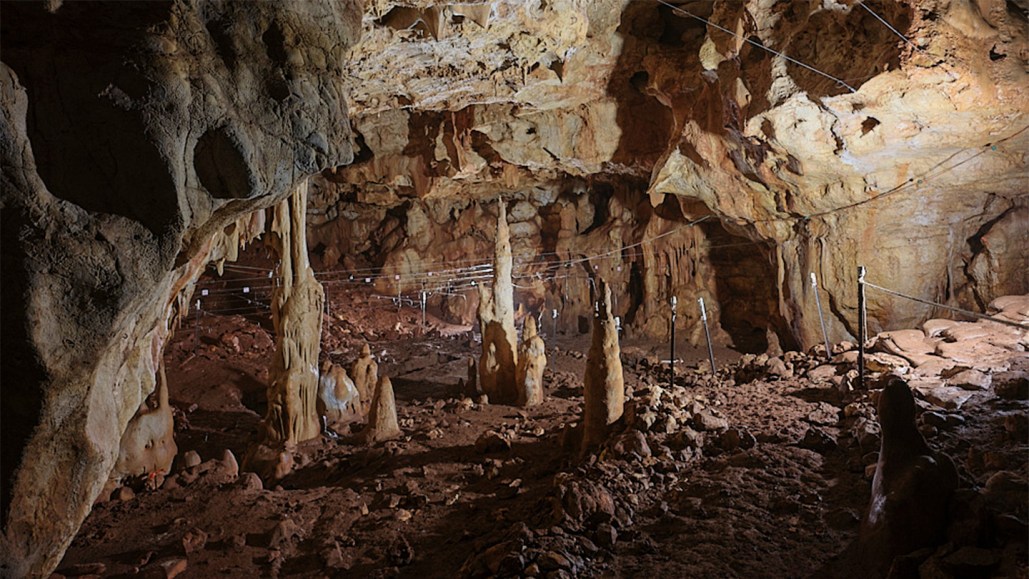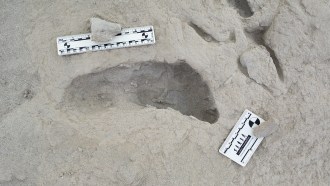
Archaeology
The oldest known ritual chamber in the Middle East has been found
Engravings and other evidence suggest ancient humans attended religious ceremonies in the cave as early as 37,000 years ago.
By Bruce Bower
Every print subscription comes with full digital access

Engravings and other evidence suggest ancient humans attended religious ceremonies in the cave as early as 37,000 years ago.

Data continue to show that tirzepatide, called Mounjaro for type 2 diabetes and Zepbound for weight loss, is safe and effective, but side effects remain.

Heat waves fueled by climate change killed scores of people and upended daily life. Here are some of those stories.

Mammoths made up as much as 40 percent of the ancient North Americans’ diet, a chemical analysis of human remains reveals.

Findings from a cave in Gibraltar suggests Neandertals may have used complex fire structures to obtain adhesives from plants.

The imprints put flat-footed and arched-foot walkers together at a prime spot in East Africa.

Sticky, sluggish proteins with “proteolethargy” may be a common denominator underpinning life’s ailments.

A new study shows a steep drop in cervical cancer deaths among the first cohort of women who were eligible for the HPV vaccine.

Scientists found memory’s molecular machinery at work in cells outside the nervous system.

Infectious diseases are often labeled “urban” or “rural.” Applying political labels to public health misses who is at risk, experts argue.
Subscribers, enter your e-mail address for full access to the Science News archives and digital editions.
Not a subscriber?
Become one now.